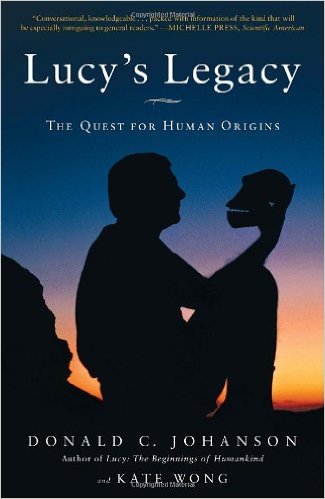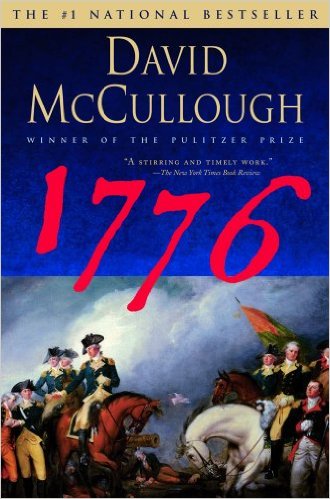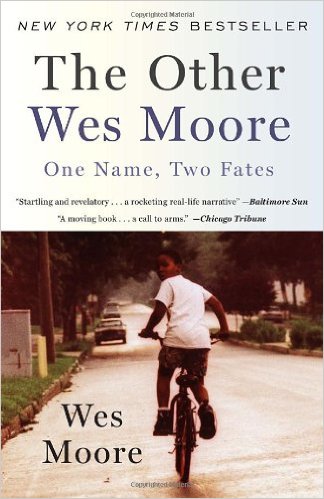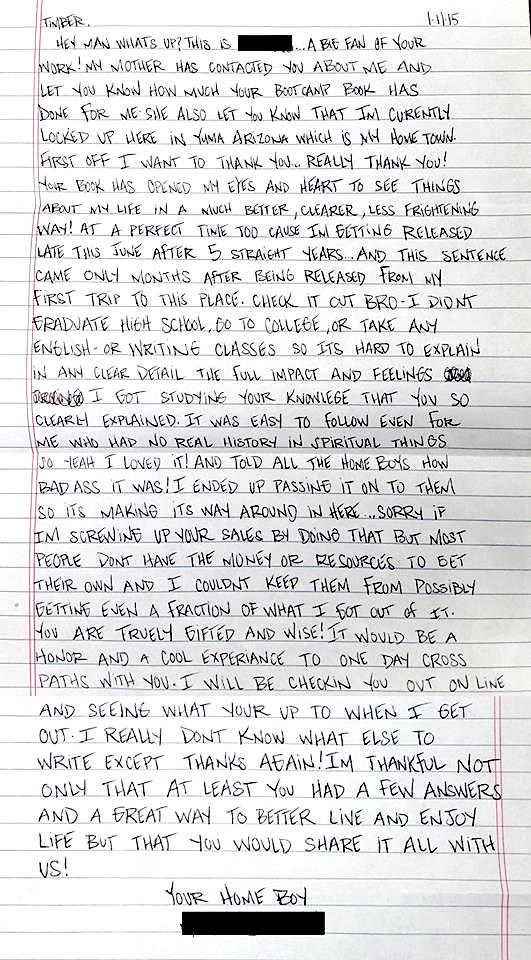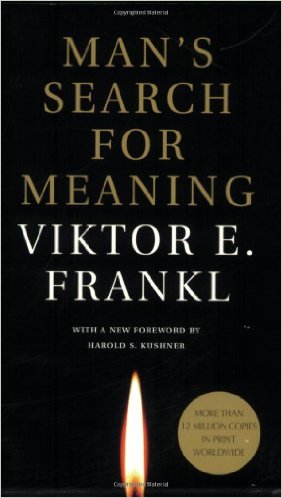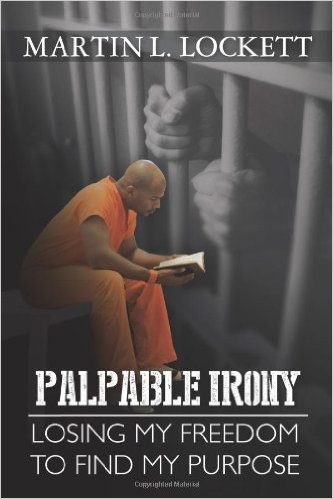Rick Fisk’s Review of The Great Bridge by David McCullough
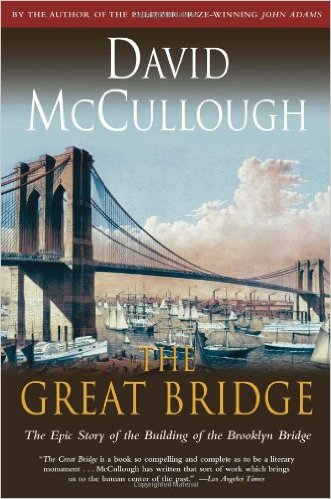
David McCullough’s The Great Bridge is an extraordinary book. It tells the tale of how the Brooklyn Bridge was conceived and built. As is the case with other McCullough works, it is superbly crafted and reads as well as any great work of fiction. The main focus of the book is the bridge, but it is about the fascinating human beings who made the bridge possible. Designed originally by John A. Roebling, it was his son Washington who completed it, along with his incredible wife Emily — as unlikely a story in the Victorian era as one might encounter.
One of the reasons I found the book so fascinating was the great love and respect Washington and Emily showed each other, culminating in Emily’s selfless dedication to Washington after he suffered physical catastrophe during the bridge’s construction.
Besides the Roeblings, the cast of characters involved with the bridge contains a who’s who of New York’s political and industrial giants, including A.C. Barnes (whom you might associate with today’s Barns & Noble), Seth Low (two-term mayor of Brooklyn, and one-term mayor of New York), and William Marcy Tweed (the infamous “Boss” Tweed of Tammany Hall). Tangentially even Henry Ward Beecher had a part to play.
For a while, Brooklyn’s Great Bridge was the world’s largest suspension bridge and even though eclipsed by later works including the Golden Gate, it is still the only bridge with a pedestrian promenade. Walking it has been on my own personal bucket list since first reading this book.
While construction of a bridge that might seem to some as exciting as watching paint dry, this book is anything but droll. I was fascinated throughout, but especially so upon learning that what I always thought was an affliction limited to divers, “the bends,” was discovered by bridge builders who were sinking the footings of their creations using specially-designed platforms – caissons – hence the original name of the malady, caisson disease.
McCullough’s book was first published in 1972, and a further testament to its greatness is the fact that it is still in print. Thanks to the wonders of the internet, I have a 1982 paperback edition that was signed by the author. Neat.
I highly recommend any edition you can lay your hands on. Four stars.



